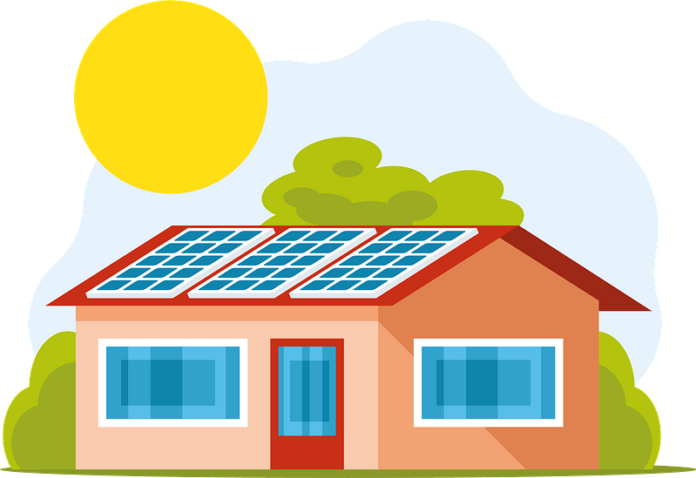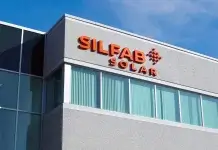With COVID-19 altering the landscape of not only the clean energy industries, but every industry in the world, the solar industry has remained surprisingly robust – especially residential solar.
LG Solar, a manufacturer of solar panels, recently commissioned Harris Insights and Analytics, a market research and global consulting firm, to conduct research titled “The Harris Poll on Residential Solar Buying.” Commissioned by LG Solar, The Harris Poll was designed to better understand consumer insights into residential solar and the relationships between sales, homeowner satisfaction and installer recommendations.
Brian Lynch, director of solar and ESS sales at LG Solar, notes that Q1 (pre-COVID) started off at a record pace in the residential solar market. Once COVID hit, the market suffered a steep reduction in installations, however, homeowners, many of whom were forced to work from home and adapt to online schooling, became increasingly interested in investing in their homes and offsetting their constantly increasing utility bills. With energy storage emerging as a major industry – in the country and the world – solar has become an increasingly popular investment for homeowners, especially during the pandemic, when homeowners are trying to make sound investments for the future.

The primary goal of The Harris Poll research was to inform LG Solar about how the pricing of its services was related to thoughts and concerns of potential customers: How could the company remain competitive in a post-COVID market while meeting – and exceeding – the expectations of its customers?
By conducting a combination of online surveys, bulletin boards and virtual focus groups, the poll examined both solar panel installers’ and homeowners’ needs, wants, preferences and potential purchases in the future – to better steer LG Solar’s marketing. The Harris Poll sought to aggregate data that would better tell the story of what homeowners look for when purchasing solar – and why they decided to in the first place.
“Marketing is always the first part of a company’s budget to get cut, particularly at regional and smaller installers,” says Lynch. “We wanted to leverage our size in the market to help installers understand how the pandemic has moved homeowners’ relationship with going solar. What we found surprised us.”
The big shift Harris detected is that the majority of the market – 7 in 10 – see going solar as a long-term investment, not a one-off purchase. The poll found that 70% of homeowners wanted to pay a total upfront cost for their systems. Especially in the COVID era, homeowners making or saving extra cash desired to invest in solar systems while they had the time and money. Instead of paying a monthly fee, homeowners expressed a desire to see their new investments producing electricity and saving on energy bills immediately.
The Harris Poll also found that homeowners place a significant value on high-quality brands. Homeowners were more likely to pay higher prices for solar systems from companies they knew and trusted. Along with quality products, the poll discovered that homeowners are more willing to purchase products with 25-year warranties if workmanship, performance and labor reimbursement are all included.
As with most customers in any market, quality, efficiency and installer recommendation emerged as the top reasons that homeowners with solar panels chose the brand they did. By providing customers with quality products bearing a name they trust, partnered with a quality warranty, 98% of LG Solar panel owners say that they are satisfied with their installation.





Long term investments make reliable products a must. Great read!
Not only are homeowners trying to find ways to invest in their homes, they are also realizing the growing cost of electricity as they stay home more often and see their utility bills rising.
Depending on where you live, electricity costs may not be going up. I am in Pennsylvania and the per-kWh price of grid power has gone down – I saw kWh pricing up to .16 and .17 from my local supplier, PECO in the late ’07 period. Right now in 2020, it is below .14/kWh. I installed Solar in late 2012 and have benefitted from its subsidies to lower my electricity costs. However, the claim that electricity prices keep going up is not correct in all locations. The solar installers who I talked to before 2012 installation all were claiming a… Read more »